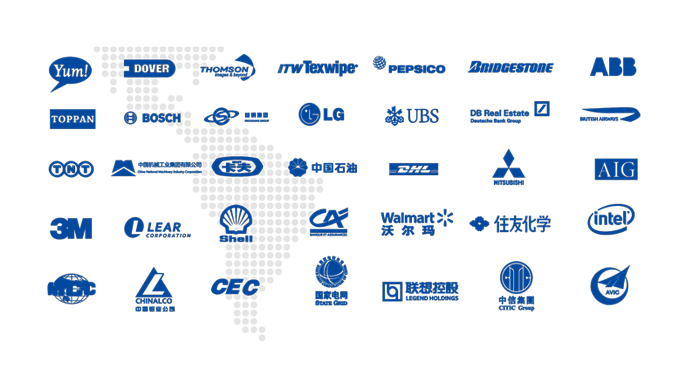Fresh boost for clean energy vehicle sector
( China Daily )
China will make enhanced efforts to "significantly improve" its charging technologies and facilities within three years, in a further move to optimize charging infrastructure to give the new energy vehicle sector a new boost.
The country will encourage business model innovations and offer favorable policies to expand the charging network across the nation, according to a document issued on Monday by the National Development and Reform Commission and related departments.
Key undertakings identified in the action plan include enhancing charging technologies and operational efficiency, optimizing facility layout, and improving the industry's standard system.
Industry experts said charging infrastructure is one of the indispensable foundations for new energy vehicles. Having adopted various incentives, China has more than 600,000 charging piles so far.
State Grid Corp of China is building a public charging network covering Beijing, Tianjin, Hebei province, Shandong province, and all cities in the Yangtze River Delta region, according to Que Shifeng, deputy general manager of State Grid Electric Vehicle Service Co, a wholly owned subsidiary of State Grid.
The State-owned enterprise aims to popularize medium and long-distance electric vehicle trips among consumers and reduce power-related concerns, according to Que.
"We will explore various ways of facilitating electric mobility in the future, and fully utilize China's current and growing electric vehicle fleet," Que said.
Between January and October, China's new energy vehicle sales increased 75.6 percent year-on-year to 860,000 units, according to the China Association of Automobile Manufacturers.
The segment's growth contrasts with the auto industry's overall situation which saw China's auto sales fall 1 percent year-on-year to 19.3 million vehicles in the first 10 months of 2018, the association said.
Against such a backdrop, new energy vehicles are expected to become the driving force for the growth of China's automobile industry over the next two years, Shi Jianhua, deputy secretary-general of the CAAM, said at a recent conference.
The generally positive growth outlook for the industry has triggered a scramble among foreign players to invest in the manufacturing of lithium-ion battery cells, a common type of rechargeable battery.
Samsung SDI Co Ltd recently started the second phase of the lithium-ion battery cell plant in Xi'an, Shaanxi province, and would readjust its strategy in China, according to a media report which quoted people familiar with the issue.
The report said that the South Korean manufacturer would invest in the construction of five production lines. The firm completed the first phase of its battery production unit in the city in 2015.
SK Innovation, also from South Korea, announced in August that it had selected Changzhou in Jiangsu province as the site of an electric vehicle battery cell factory, which will be capable of producing batteries with a total capacity of 7.5 gigawatt-hours annually.
 The Area with Six Parks
The Area with Six Parks Global Top 500
Global Top 500